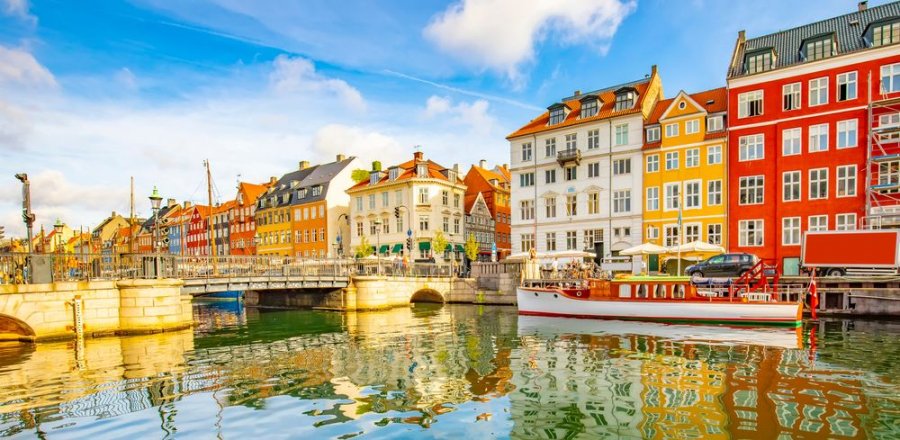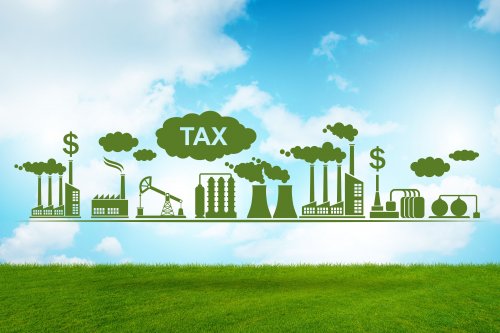The Danish capital city will not be able to reach its ambitious climate goal of carbon neutrality after its iconic incinerator failed to meet CO2 capture requirements for state funding.
To become 100% carbon-neutral, the city said it would need the ARC incinerator to access part of the government’s DKK 8 billion (€1.07 billion) Carbon Capture and Storage (CCS) fund, reports EURACTIV.
Municipal leaders said that the goal of a carbon-neutral Copenhagen by 2025 is no longer realistic after the Amager Resource Centre (ARC).
A demonstration plant has already been installed at ARC, which captures some carbon emissions, and a larger plant will be installed in 2023. The company planned to build a large-scale plant in 2025 that could filter all the CO2 from the smoke emitted by the ARC.
“It’s a shame we won’t reach it by 2025. But that’s not the same as saying we won’t make it by 2026, 2027, or 2028. So there is still hope that we will,” declared Mayor, Sophie Hæstorp Andersen.
She also noted that since 2009, Copenhagen has reduced CO2 emissions by 80%.
Lyne Barfoed, chairwoman of the city's technology and environment committee, expressed her disappointment that the state set criteria that the ARC landfill failed to meet.
“They set criteria to get a share of the state funding to develop CO2 capture technology when they knew in advance that the ARC waste facility in Copenhagen could not meet them. We simply hadn’t imagined that,” she told.
Despite Copenhagen not meeting its objective, the country remains a leader in decarbonisation. While the EU Green deal aims to cut greenhouse gas emissions by at least 55% by 2030 and to become climate neutral by 2050, Denmark set a much more ambitious goal at national level.
According to the Danish Ministry of Foreign Affairs, the country will have reduced its CO2 emissions by 70% in 2030 and become carbon neutral as planned in 2050.
Earlier, EcoPolitic wrote, that Danish legislators agreed to a new the highest in Europe, corporate tax on carbon dioxide emissions.
As EcoPolitic previously reported, the Danish engineering group Topsoe plans to build the largest in Europe plant for the production of electrolyzers – machines that produce green hydrogen.





